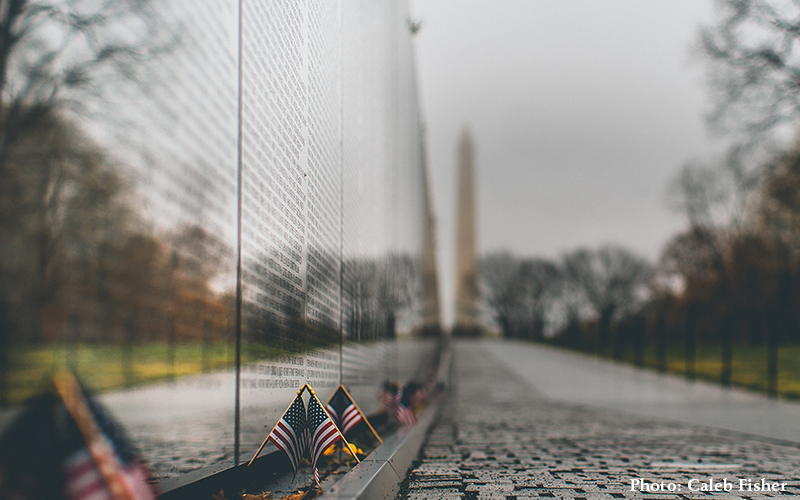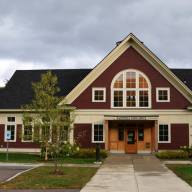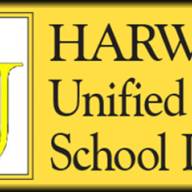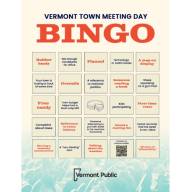It was 1962 when Larry Corthell received a draft notice. It was the seventh year of the Vietnam War. He had just graduated high school in Massachusetts and was working for the U.S. Postal Service.
Corthell decided to join the U.S. Navy and was sent for several months of basic training at the Great Lakes Naval Training Center in Illinois. He was immediately designated as the Recruit Petty Officer in Charge. They gave him a saber and told him he was responsible for 80 of his peers. “I didn’t understand why,” he said, “but all of a sudden, I grew up.”
“My only experience of the outside world was the post office,” he added.
With his training, Corthell described an atmosphere of intense discipline. They did drills outdoors in bitter December temperatures and practiced how to escape a burning ship by jumping from a high tower in the training center’s swimming pool. He recalled a recreation room that had broken televisions mounted on the walls – to remind trainees that leisure didn’t have a place there.
For active duty, Corthell was sent to a naval air station in Norfolk, Virginia. It was just before Christmas and rather than traveling back home to Massachusetts, he accompanied a new friend to Georgia, having dinner with his family. “I never really had Southern cooking,” he said, “and it was unbelievable.”
At the Norfolk base, Corthtell was assigned to the aircraft maintenance division, working as an aircraft mechanic. He learned the work quickly and ended up enjoying it. He stayed for two years, until 1966 “when Vietnam was really going crazy,” he said. He made friends and they’d go out drinking together, but “some of them ended up in Vietnam and never came back.”
Corthell then signed up for four years in the US Navel Reserves. He was assigned to a transport squadron, flying cargo planes two weeks out of the year and one weekend a month as a ‘weekend warrior.’ He transported supplies to Hawaii – the first leg of a trip to Vietnam. He said that the airplanes were old, slow and at that time were not supplied with oxygen, causing his squadron to “fall asleep” when they passed over the Rocky Mountains.
He remembered flying to Alameda, California and visiting San Francisco for the first time. “It was the weirdest place I’d ever seen,” he said.
While in the Reserves, Corthell was working for the US Postal Service in Massachusetts again. On his mail delivery routes, and later when he worked at a station with hundreds of mailboxes, he encountered many men who had come back from combat in Vietnam. He said that many of them had skin cancer from being sprayed with Agent Orange – a carcinogenic herbicide that US forces used to defoliate trees and shrubs that were providing cover and food to opposition forces.
Corthell said that seeing the health consequences of combat, including exposure to Agent Orange, was awful. “These guys were just rotting away,” he said. Over time, Corthell attended many of their funerals.
“The government really turned their backs on them,” he said.
In 1985, Corthell and his wife bought land in Waitsfield, after visiting family who had a second home in The Valley, finding it beautiful. Corthell ordered a log house kit from New York and took six years to build it himself. “I wasn’t a carpenter,” he said, laughing, “I was a postal worker!”
While they intended for the log house to be their retirement home, Corthell took a job as the postmaster in Waitsfield and they moved in around 1992, with Corthell retiring in 1999.













